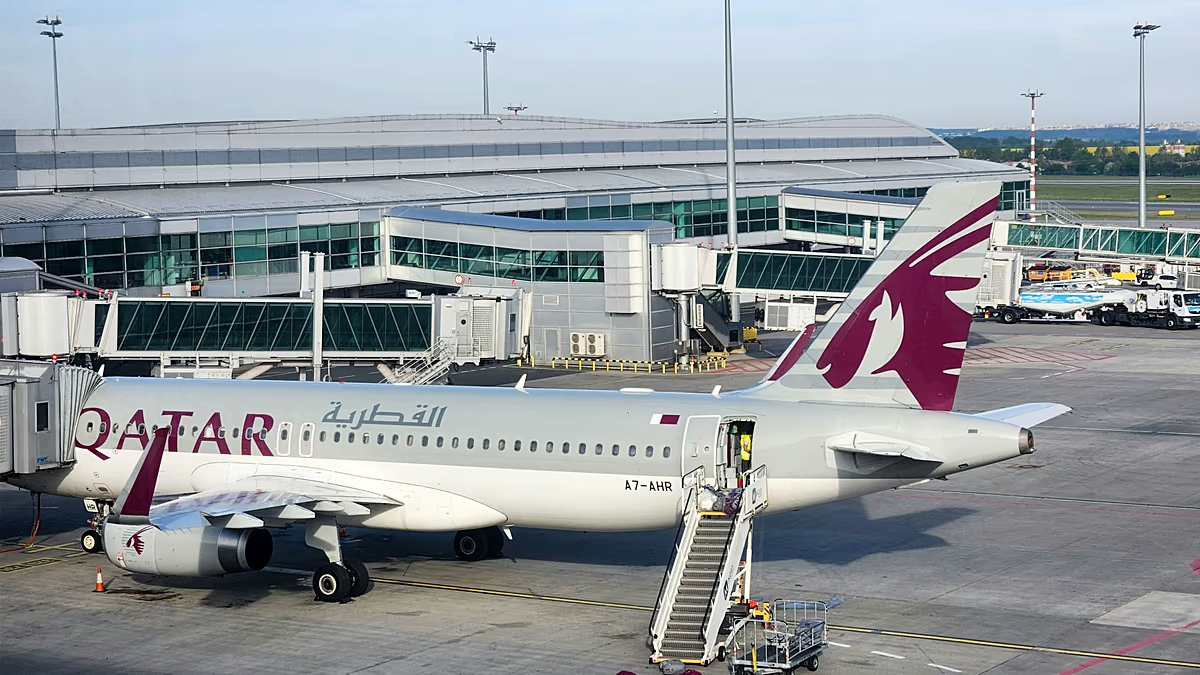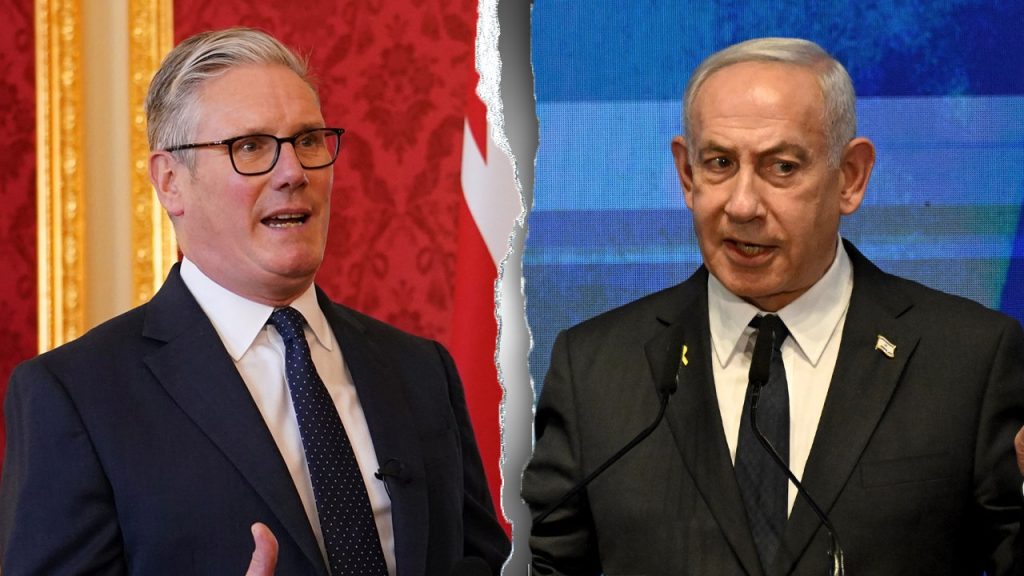UK, Canada, and Australia Recognize Palestinian State Amidst Hopes for Peace
In a coordinated diplomatic move that has stirred both hope and controversy, the United Kingdom, Canada, and Australia have formally recognized the Palestinian state. This significant step, taken by three major Western allies, comes as part of an effort to reinvigorate the prospects for a two-state solution between Israelis and Palestinians. British Prime Minister Keir Starmer framed the decision within a historical context, noting that Britain recognized Israel as “a homeland for the Jewish people” more than 75 years ago, and is now joining over 150 countries in acknowledging Palestinian statehood as well. “Today we join over 150 countries who recognize a Palestinian state also. A pledge to the Palestinian and Israeli people that there can be a better future,” Starmer said in a video message shared on social media. The timing of this recognition, however, has proven controversial, coming amidst the ongoing conflict following Hamas’s October 7, 2023 attack on Israel that killed approximately 1,200 people and led to the abduction of 251 others.
The three nations have been careful to emphasize that their recognition of Palestinian statehood should not be interpreted as support for Hamas, which currently governs the Gaza Strip. Prime Minister Starmer was particularly explicit on this point, stating that “Hamas is a brutal terror organization” that will have “no future, no role in government, no role in security” in a Palestinian state. Similarly, Australian Prime Minister Anthony Albanese and Foreign Minister Penny Wong released a joint statement declaring that “Hamas must have no role in Palestine.” Canadian Prime Minister Mark Carney echoed these sentiments, offering Canada’s “partnership in building the promise of a peaceful future for both the State of Palestine and the State of Israel.” These clarifications appear designed to address concerns that recognition might legitimize Hamas’s governance or tactics, while still advocating for Palestinian sovereignty as part of a broader peace framework.
The move by these three nations adds momentum to the growing international recognition of Palestinian statehood, with more than 145 countries already having taken this step, including over a dozen in Europe. The joint statement from Australia described their action as “part of a coordinated international effort to build new momentum for a two-state solution,” beginning with immediate humanitarian goals: “a ceasefire in Gaza and the release of the hostages taken in the atrocities of October 7, 2023.” This framing attempts to position recognition not merely as a symbolic gesture, but as a practical diplomatic tool aimed at moving the region toward sustainable peace. The coordinated timing suggests a deliberate strategy to amplify the impact of the announcements and potentially encourage other Western nations to follow suit, creating broader international pressure for a negotiated resolution to the decades-long conflict.
Israeli Prime Minister Benjamin Netanyahu has responded with firm opposition to these announcements, rejecting the premise that a two-state solution is viable under current circumstances. “A Palestinian state will not be established west of the Jordan River,” Netanyahu declared, suggesting that the recognizing countries “are rewarding terror with an enormous prize.” His statement reflects the Israeli government’s position that Palestinian statehood, particularly with Hamas’s influence in Gaza, would pose an existential security threat to Israel. Netanyahu indicated he would announce Israel’s formal response after his upcoming visit to the United States, where he is scheduled to meet with President Biden at the White House. The Israeli leader’s strong reaction highlights the deep divides that remain over how to achieve lasting peace in the region, with fundamentally different views on Palestinian sovereignty, security arrangements, and the path forward.
The recognition comes against the backdrop of ongoing humanitarian concerns in Gaza and the fate of Israeli hostages still held by Hamas. According to reports, of the 251 people abducted during the October 7 attack, 48 hostages remain in Gaza, with fewer than half believed to be alive. The tragedy of these hostages and the suffering of Palestinian civilians in Gaza present immediate humanitarian challenges that recognition alone cannot solve. Families of the hostages have expressed frustration with these diplomatic moves, suggesting that recognition should be contingent on Hamas releasing all captives. This underscores the complex humanitarian dimensions of the conflict that exist alongside the diplomatic and political calculations of statehood recognition, with real human suffering continuing on both sides as diplomatic positions evolve.
The international response to these announcements has been mixed, with former US President Donald Trump voicing disapproval during a recent visit to Britain. The divergent reactions reflect the polarized perspectives on the Israeli-Palestinian conflict that extend beyond the region itself, influencing global politics and alliances. As the three nations move forward with their recognition of Palestinian statehood, questions remain about whether this diplomatic step will help facilitate peace or potentially complicate negotiations. While recognition represents an affirmation of Palestinian national aspirations, the practical implementation of a two-state solution faces numerous obstacles, including territorial disputes, security concerns, the status of Jerusalem, and the political division between Hamas in Gaza and the Palestinian Authority in the West Bank. How these challenges might be addressed in light of these new recognitions remains to be seen, but the coordinated action by the UK, Canada, and Australia represents a significant shift in the diplomatic landscape surrounding one of the world’s most intractable conflicts.















